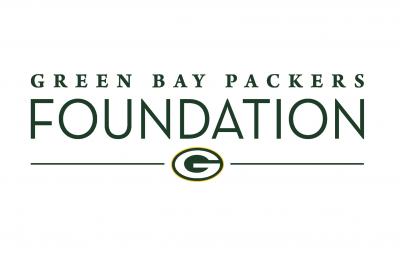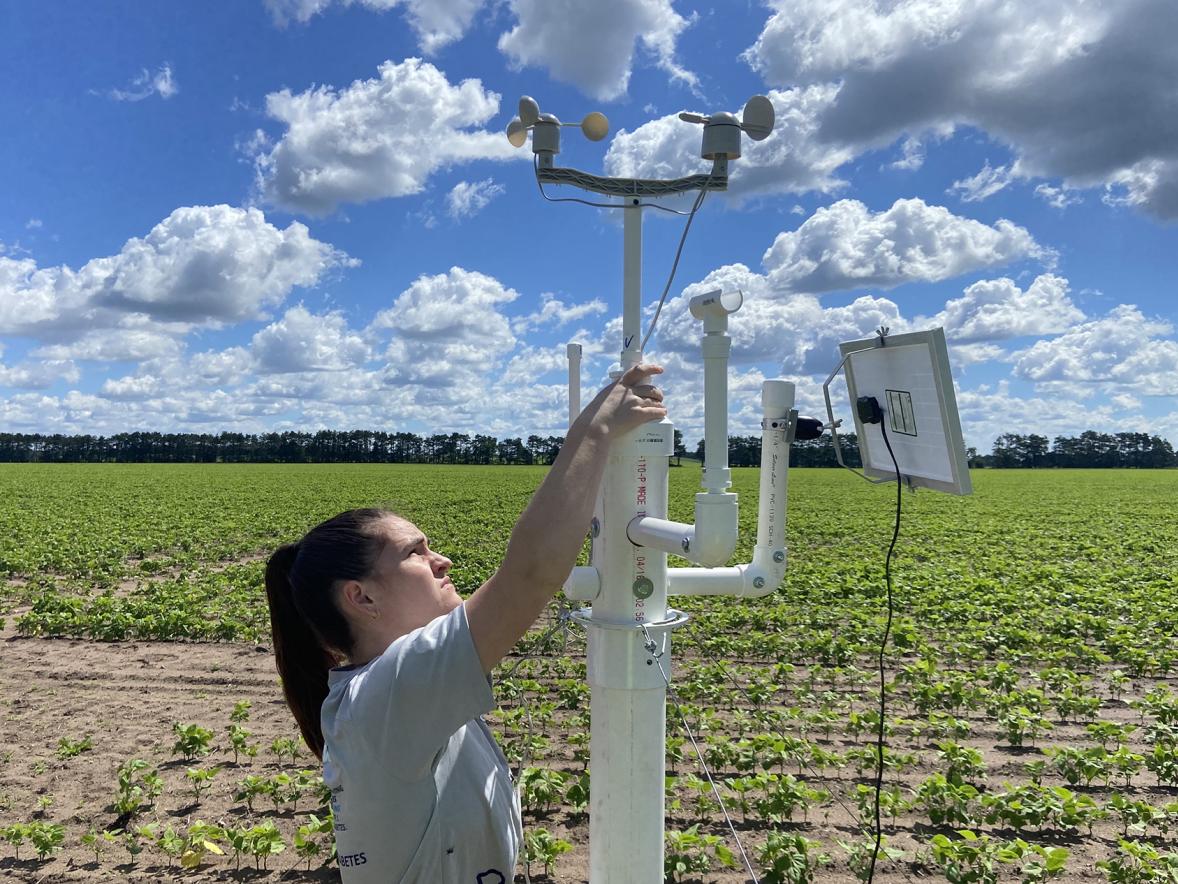A $6,000 donation from the Green Bay Packers Foundation has allowed University of Wisconsin-Stout’s Fostering Success program to hire back peer mentors and buy needed items for the supply closet and food for family dinners.
However, more funding is needed to ensure the future of Fostering Success. During Stout Gives Back on Tuesday, Dec. 1, two donors have agreed to each match up to $4,000 in funds donated that day, meaning if $4,000 is raised the program will have $8,000.
“Funding allows the program to continue,” said Angie Ruppe, UW-Stout director of Trio Student Support Services and Fostering Success.
COVID-19 affected Fostering Success’ ability to raise funds, like many other organizations, Ruppe said.
Fostering Success started in 2013, the first of its kind in the UW System. The program provides guidance and resources for youth who have been in foster care, are homeless or orphaned and who have an interest in pursuing higher education. Fostering Success educates students coming to UW-Stout about grants and scholarships as well as provides supplemental advising, other courses and resources, providing a safety net and a sense of belonging to empower youth.
The Green Bay Packers Foundation has been giving back to Wisconsin’s communities since it was establish in 1986 by Judge Robert J. Parins, then president of Green Bay Packers Inc. “as a vehicle to assure continuing contributions to charity.” It is a component of Green Bay Packers Give Back, the all-encompassing community outreach initiative.
The Foundation, an entity independent of Green Bay Packers Inc., supports charities possessing one or more of the following goals: perpetuates a community environment that promotes families and the competitive value of athletics; contributes to player and fan welfare; ensures the safety and education of children; and/or prevents cruelty to animals.
Recipients typically receive the grants at a luncheon in the Lambeau Field Atrium in December, but because of the COVID-19 pandemic, this year's grants were issued earlier to assist those organizations impacted by the pandemic.
"We're proud to award $1 million through our annual Packers Foundation grants this year, a year in which many nonprofits are seeing a greater need in their communities due to the pandemic," stated Packers President/CEO Mark Murphy. "So many people from the recipient organizations are on the front lines, and we are inspired by them and honored to help as they continue to serve those in need every day."

This year's grant cycle focused on organizations that will direct the funds toward the need areas of elderly, homelessness, human services and hunger. These grants are not recurring, and the 2020 recipient organizations will not be eligible to apply again until 2023.
Fostering Success also offers a supply closet for students in need of school supplies or other items; provides scholarships and direct aid to students; and employs peer mentors who help other Fostering Success students succeed.
About 80% of foster youth nationally have goals of attending college, 20% enroll and only 3% graduate from a four-year institution, Ruppe said.
“When we give support with a program like Fostering Success, the retention rate of our students exceeds that of our general population,” Ruppe said. “These students outperform their peers when they are supported.”
Since 2018 the average retention rate is 80% for students in Fostering Success, exceeding the retention rate of the general student population.
Supporting former foster care youth, helps break the cycle of poverty when they get an education, Ruppe said. “People who have been in foster care are more likely to experience incarceration or homelessness than they are to earn a college degree,” she noted. “With some support we can make a big difference.”
The Packers Foundation funding and raising money through Stout Gives Back will help ensure Fostering Success continues to provide economic and emotional support to students, Ruppe said.
Many people believe foster care students get their college paid for, Ruppe said. That is not true. Even with loans, they still have unmet financial needs and most pay out-of-pocket expenses for college on their own.
“They typically don’t have savings or a safety net,” Ruppe said. “They have to pay for their living expenses and any unexpected emergencies themselves. Many of them have food insecurity. We give some of that economic support, but it’s really the relationships that matter. They have a person they can go to, to ask questions and get support.”







